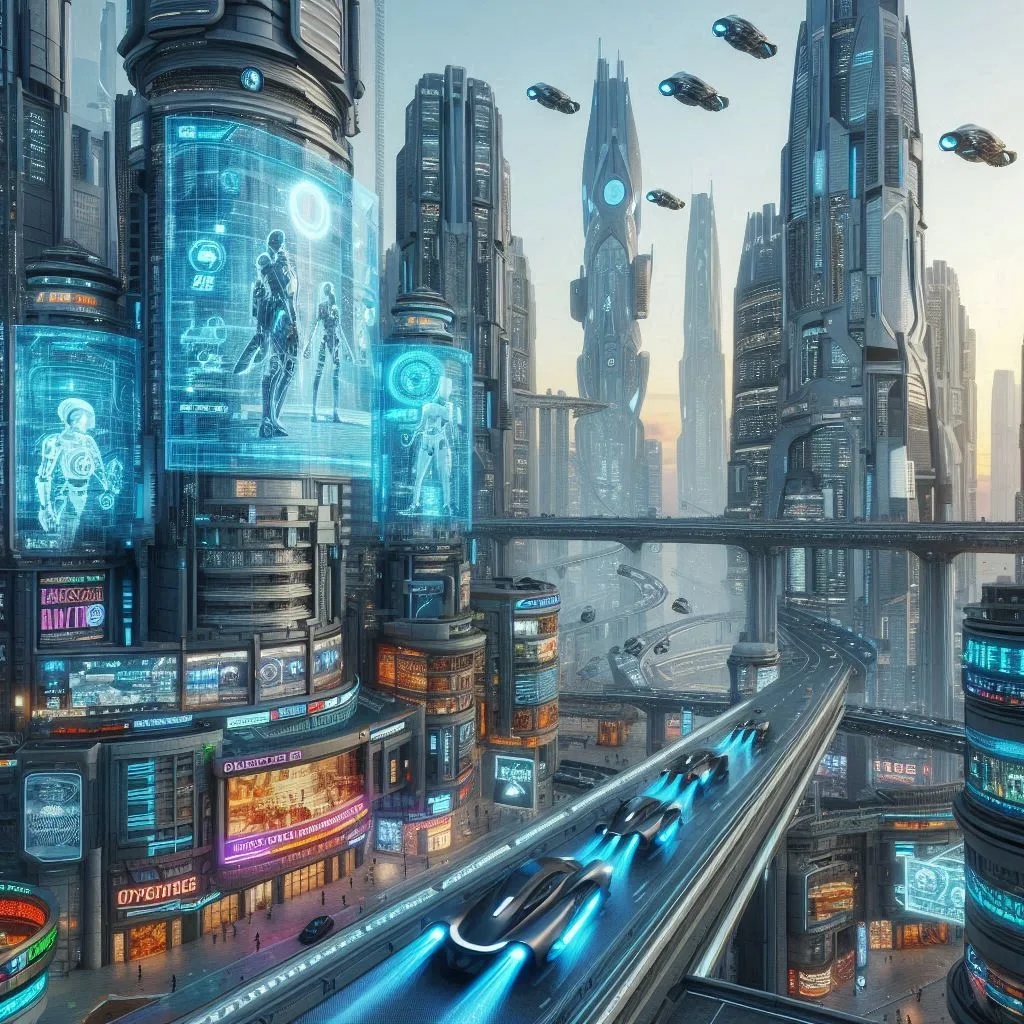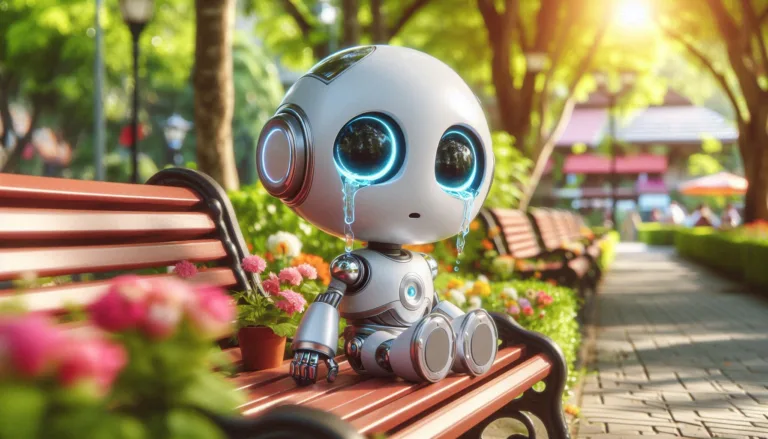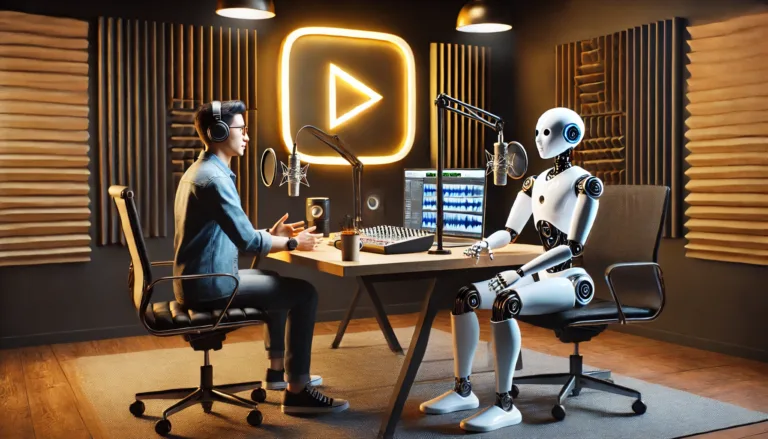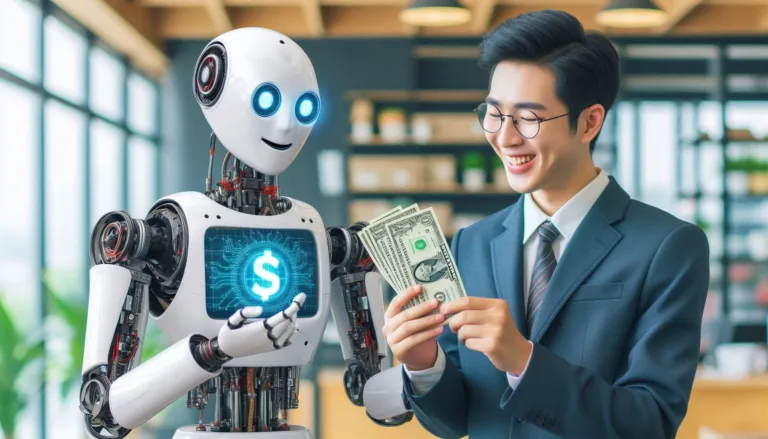As we enter a new age of urbanization, cities are set to undergo massive transformations. The future city will be a fusion of artificial intelligence, sustainability, and human-centric design. AI, in particular, is poised to revolutionize how urban spaces function, how resources are managed, and how citizens interact with their environment. This article dives deep into the upcoming AI-powered urban landscape and what we can expect from cities in the future.
AI-Driven Infrastructure and Smart Cities
The backbone of future cities will be smart infrastructure. AI will enable buildings, roads, and entire districts to communicate, analyze, and make decisions without human intervention. Consider this: a city’s transportation grid could automatically adjust traffic flow based on real-time data, minimizing congestion and reducing emissions. Likewise, buildings will self-regulate energy consumption, adapting to the needs of their inhabitants, while AI-powered waste management systems will ensure a cleaner environment.
Autonomous Public Transport
Autonomous vehicles (AVs) are perhaps the most anticipated development in the AI-driven urban future. While self-driving cars have garnered much attention, AI’s role in public transportation will be equally transformative. In future cities, buses, trains, and ride-sharing services will function autonomously, powered by AI systems that can calculate optimal routes, respond to changing conditions, and reduce transit times.
Public transport will not only be faster but also more sustainable. Autonomous electric buses and trams will run on optimized schedules, ensuring that energy use is minimized, and service is maximized. Moreover, AI will assist in fleet management, identifying vehicles that require maintenance or rerouting transport based on demand.
AI-Enhanced Energy Grids
Cities of the future will be designed with smart energy grids. Powered by AI, these grids will constantly analyze data from millions of sensors and IoT (Internet of Things) devices. This real-time analysis will allow for efficient energy distribution, minimizing waste and ensuring that renewable energy sources are utilized effectively.
AI will play a significant role in energy production and consumption. Solar panels, wind turbines, and other renewable sources will be integrated into these grids, with AI systems determining when and where to distribute excess energy. Buildings will be designed to adapt to environmental conditions, regulating their heating and cooling systems automatically to conserve power.
Urban Mobility and AI-Powered Traffic Management
Current urban traffic systems are often inefficient and prone to human error. AI can eliminate these inefficiencies by creating intelligent traffic systems that adapt dynamically to conditions. AI-driven sensors and cameras will monitor roadways, predicting traffic jams before they occur and rerouting drivers in real-time. In some cases, AI systems will work with AVs, coordinating traffic to create smooth, uninterrupted flows.
In addition to improving efficiency, AI-powered traffic management will also prioritize safety. Autonomous emergency response vehicles will be able to reach accident sites faster than ever, while AI-driven systems will reduce the risk of human error on the road. Cities will also utilize AI to regulate bike-sharing, ride-hailing services, and e-scooters, ensuring that all forms of mobility operate cohesively within the urban environment.
AI and Urban Planning: Designing Cities for the Future
Urban planning is another domain that will be fundamentally transformed by AI. Today’s planners rely on data to design cities, but AI will take this process to a whole new level. AI will analyze vast amounts of historical, real-time, and predictive data to guide urban development. This will allow planners to design cities that are optimized for sustainability, human well-being, and economic efficiency.
AI-powered urban planning will also incorporate climate change mitigation strategies. Future cities will be designed to withstand extreme weather conditions, with AI systems predicting and managing floods, heatwaves, and other environmental challenges. Moreover, AI will help planners create more equitable cities by ensuring that resources such as schools, hospitals, and parks are distributed fairly across all neighborhoods.
AI in Building Design and Construction
Construction will no longer be labor-intensive as AI-powered robots will take over much of the manual work. AI can optimize construction timelines, reducing costs and waste. Additionally, AI will ensure that buildings are constructed to the highest environmental standards, integrating energy-efficient materials and technologies. In future cities, buildings will be living organisms, adapting to the needs of their occupants through AI-driven systems.
AI and Sustainability in Urban Spaces
One of the biggest challenges cities face today is sustainability. The future of urban living will rely heavily on AI to meet sustainability goals. From reducing emissions to improving resource management, AI will be integral in creating greener cities.
AI-Powered Waste Management
AI will revolutionize waste management systems. Smart bins equipped with AI sensors will sort recyclables from non-recyclables, drastically reducing landfill waste. Moreover, AI will enable cities to analyze waste production trends and develop strategies for waste reduction at the source. In some cases, AI systems will manage entire waste treatment plants, ensuring that recycling, composting, and disposal are done in the most eco-friendly way possible.
Water Management Systems
AI will also transform how cities manage water resources. From monitoring water quality to preventing leaks, AI will ensure that cities have a reliable and sustainable water supply. AI systems will predict and respond to droughts, floods, and other water-related challenges, ensuring that cities remain resilient in the face of environmental change.
AI-Enhanced Healthcare and Public Services
In future cities, healthcare systems will be optimized by AI. Hospitals will use AI to manage patient care, predict outbreaks of diseases, and improve diagnosis accuracy. AI-driven healthcare systems will ensure that citizens receive personalized care based on real-time data and historical health records.
Public services, too, will be enhanced by AI. From policing to emergency services, AI will enable faster, more effective responses. Predictive policing powered by AI will identify potential crime hotspots, allowing law enforcement to allocate resources more effectively. Similarly, emergency response systems will be able to predict natural disasters and mobilize resources to mitigate their impact.
AI and Citizen Engagement: A New Era of Participation
AI will not only transform the physical infrastructure of cities but also how citizens engage with their governments and each other. Smart city platforms will allow residents to participate in urban governance through AI-powered applications. Citizens will be able to report issues, provide feedback, and even vote on local policies through AI-driven systems.
AI will also facilitate greater transparency and accountability. Governments will use AI to analyze large sets of data, ensuring that public spending is optimized, and that decisions are made based on the best available information.
The Ethical Considerations of AI in Future Cities
While the benefits of AI are clear, its implementation in urban environments raises important ethical questions. Who will control the vast amounts of data that AI systems rely on? How will privacy be protected in cities filled with sensors, cameras, and other surveillance technologies?
In future cities, balancing the need for innovation with citizens’ rights will be a critical challenge. Governments and tech companies will need to develop strict regulations to ensure that AI is used responsibly, with transparency and accountability at the forefront of all decision-making processes.
Conclusion: As AI continues to evolve, the future of cities will be shaped by its transformative power. From smarter infrastructure to sustainable urban planning, AI will enable cities to be more efficient, more equitable, and more resilient. However, as we move into this new era, it is crucial to consider the ethical implications of AI’s growing role in urban life. In the end, the cities of tomorrow will not only be defined by technology but by how that technology serves the people who live in them. AI will be the tool that powers future cities, but human-centric design will ensure that these cities are places where everyone can thrive.




